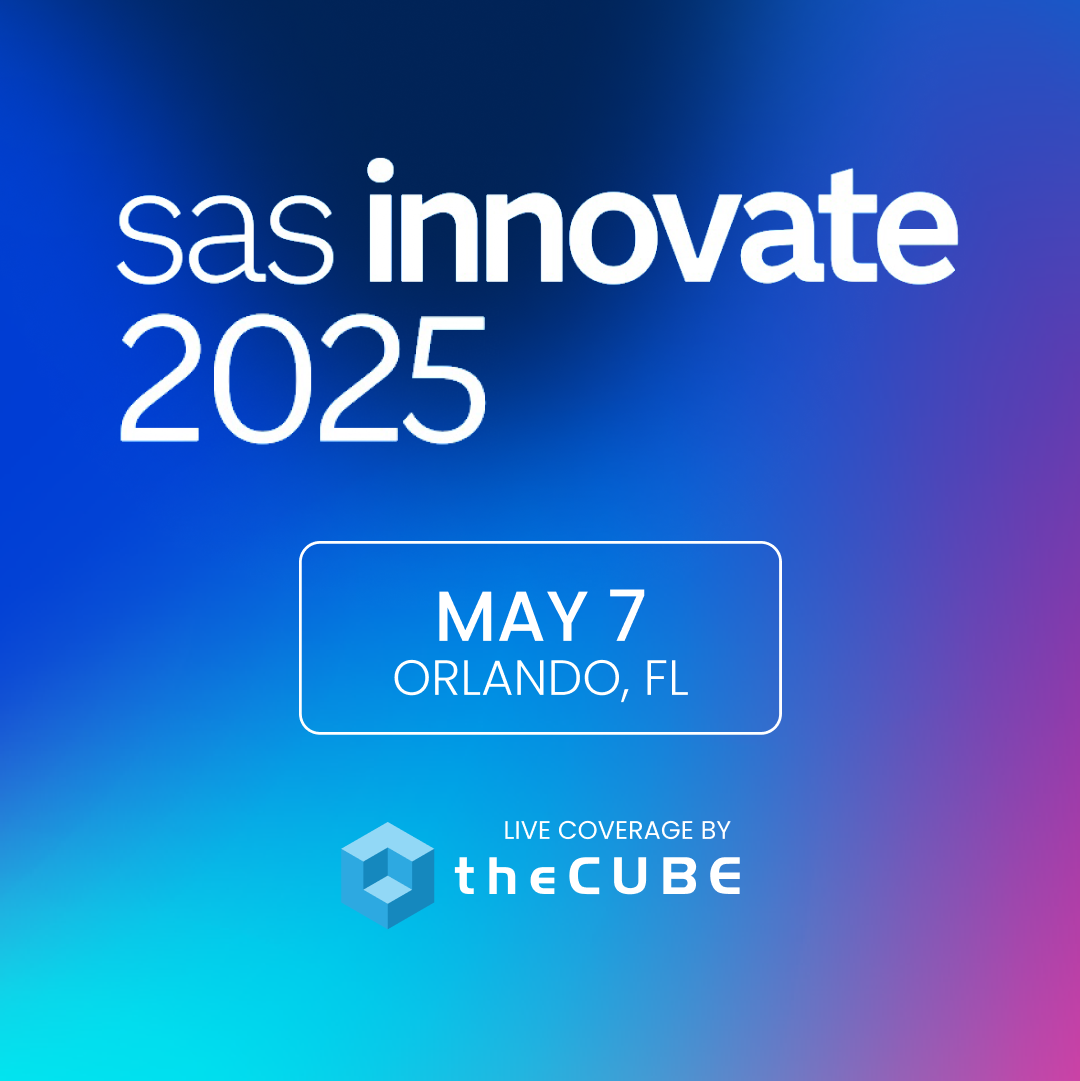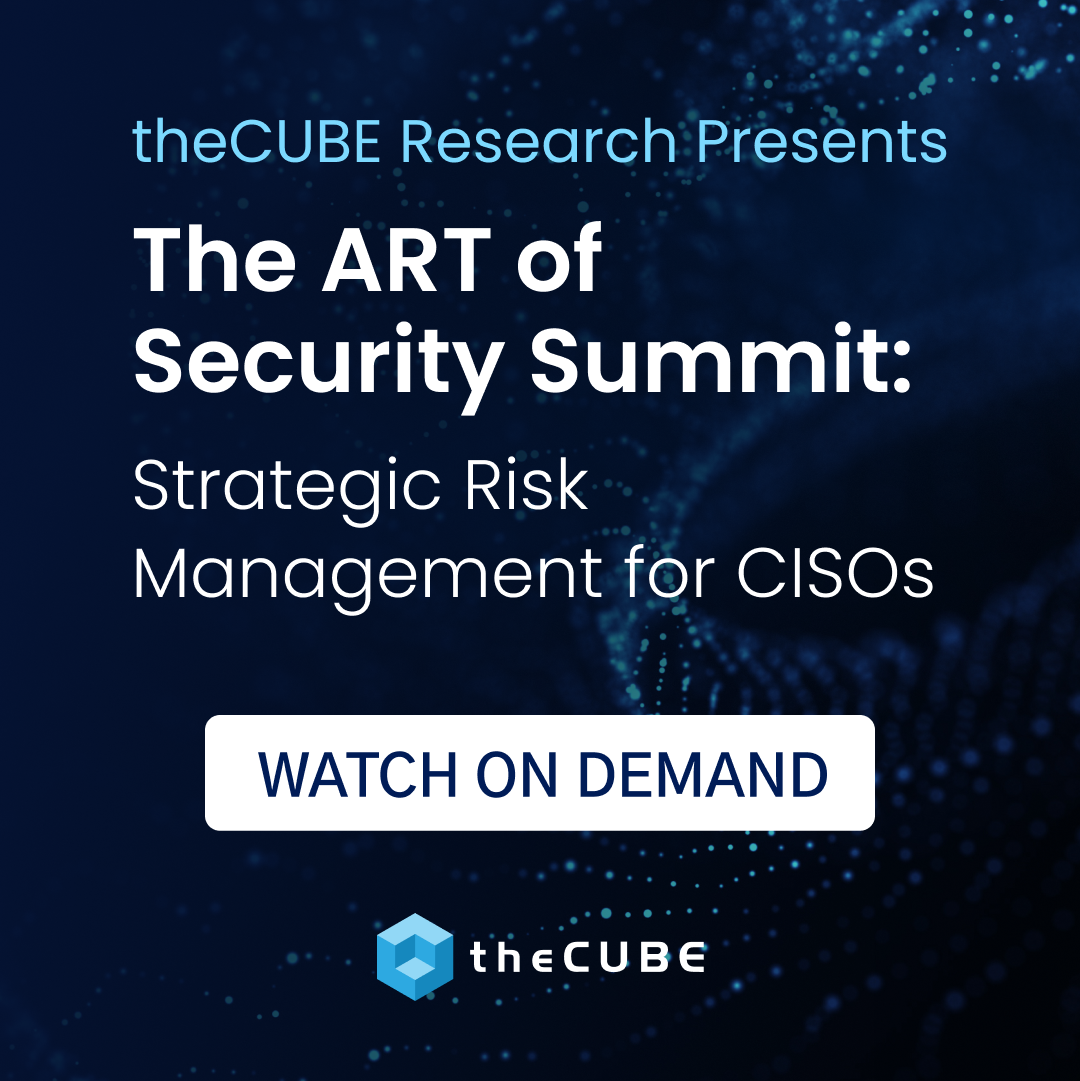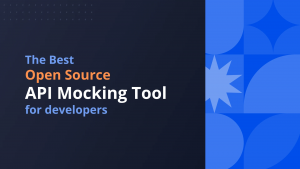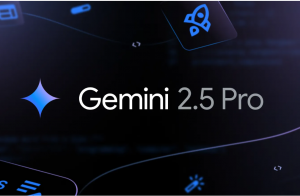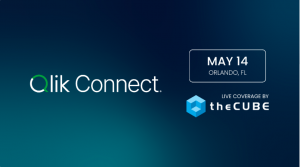Paid Dropbox a ripoff? Google a best buy?
![]() I love Dropbox, so the above headline was a hard one for me to write. In the past, I have referred enough friends to the service that my 1GB free account has grown to 9GB and is always very full. My Microsoft Office apps even use Dropbox as their default save folder.
I love Dropbox, so the above headline was a hard one for me to write. In the past, I have referred enough friends to the service that my 1GB free account has grown to 9GB and is always very full. My Microsoft Office apps even use Dropbox as their default save folder.
Dropbox is an important part of my life. But not important enough to pay for.
As I fill my space, Dropbox has long been after me to upgrade. The current price is $9.99-a-month for 100GB. At my current growth rate, my 100GB Dropbox would fill sometime around 2050. So I just clear some content off Dropbox to free space and keep going.
In reality, Dropbox wants me to pay $120-a-year for perhaps 10GB of new storage that I’d actually use. I am not about to pay that amount and it turns out I really don’t have to. For two reasons:
Reason #1: If Dropbox is at all sensitive to competition, it is about to drastically lower its prices. Why? Google already has, making its cloud the choice for value-minded customers.
Last week, Google dropped the monthly price for 100GB storage from $4.99 to $1.99. The 1TB plan makes a huge leap from $49.99 to $9.99-a-month. 100TB starts at $99.99-a-month. These are great plans for small businesses like mine.
Reason #2: While I love Dropbox, I also have free accounts at Box (50GB for life was a great promotion while it lasted), Apple’s iCloud (5GB) and Google Drive. (15GB). I also get 20GB as part of my Office 365 Home Premium subscription. If I add additional free users — up to five — to Office 365, each gets their own 20GB OneDrive cloud.
That means I have at least 99GB of essentially free storage spread across five services. It is not enough to backup whole computers, but it is plenty for my “important stuff” which also gets a more traditional local backup.
Cloud storage today is cheap – thanks to Google – and if you have limited needs, it’s quite free. Anyone can get at least 25GB of free storage without too much trouble.
If you want more than simple storage, Box sells additional features, such as indexing and better access control. Google also packages a number of other features (ad-free email, etc.) into its $5-a-month plan.
My Multi-Cloud Strategy
.
![]() So far I have resisted using Microsoft’s OneDrive (formerly SkyDrive) as the storage place for Microsoft Office documents. Likewise, my Macs are not allowed to use iCloud for documents, either. It all currently lands on Dropbox, and probably will for the foreseeable future.
So far I have resisted using Microsoft’s OneDrive (formerly SkyDrive) as the storage place for Microsoft Office documents. Likewise, my Macs are not allowed to use iCloud for documents, either. It all currently lands on Dropbox, and probably will for the foreseeable future.
My plan is to archive all my older Dropbox content onto Box or maybe Google Drive, which I’d like to keep empty except for Google apps documents. That also means I don’t have to clean out my mailbox very often since it has plenty of room to grow. I am not sure what, if anything, I store on OneDrive.
Nevertheless, I am tempted to drop $9.99 for a TB on Google Drive as a target for desktop backup applications that I occasionally use. My iPhone has meant iPhoto has grown quite rapidly, and I am loathe to kill those files. Better to stick them someplace where space doesn’t matter.
Old Like Me
.
Having more space than I can even expect to use, is quite an experience for me. I’ve recently been buying 3TB drives at Costco (!) for local storage. I’ve also replaced the 500MB drive in my old iMac with a faster 1.5TB model.
I carry at least one 8 or 16GB thumb drive with me always, and the prices are so low now that losing one is no big deal. Need a thumb drive? Here, lets erase mine and you can keep it.
This is way different from the olden days when I started computing. Back then, a 10MB hard drive for my Kaypro II luggable cost more than $1,000. Yes, $100-a-megabyte. What a megabyte used to cost will buy at least a terabyte today.
feature image: Marc Wathieu via photopin cc
photo: eugeniot via photopin cc
A message from John Furrier, co-founder of SiliconANGLE:
Your vote of support is important to us and it helps us keep the content FREE.
One click below supports our mission to provide free, deep, and relevant content.
Join our community on YouTube
Join the community that includes more than 15,000 #CubeAlumni experts, including Amazon.com CEO Andy Jassy, Dell Technologies founder and CEO Michael Dell, Intel CEO Pat Gelsinger, and many more luminaries and experts.
THANK YOU



